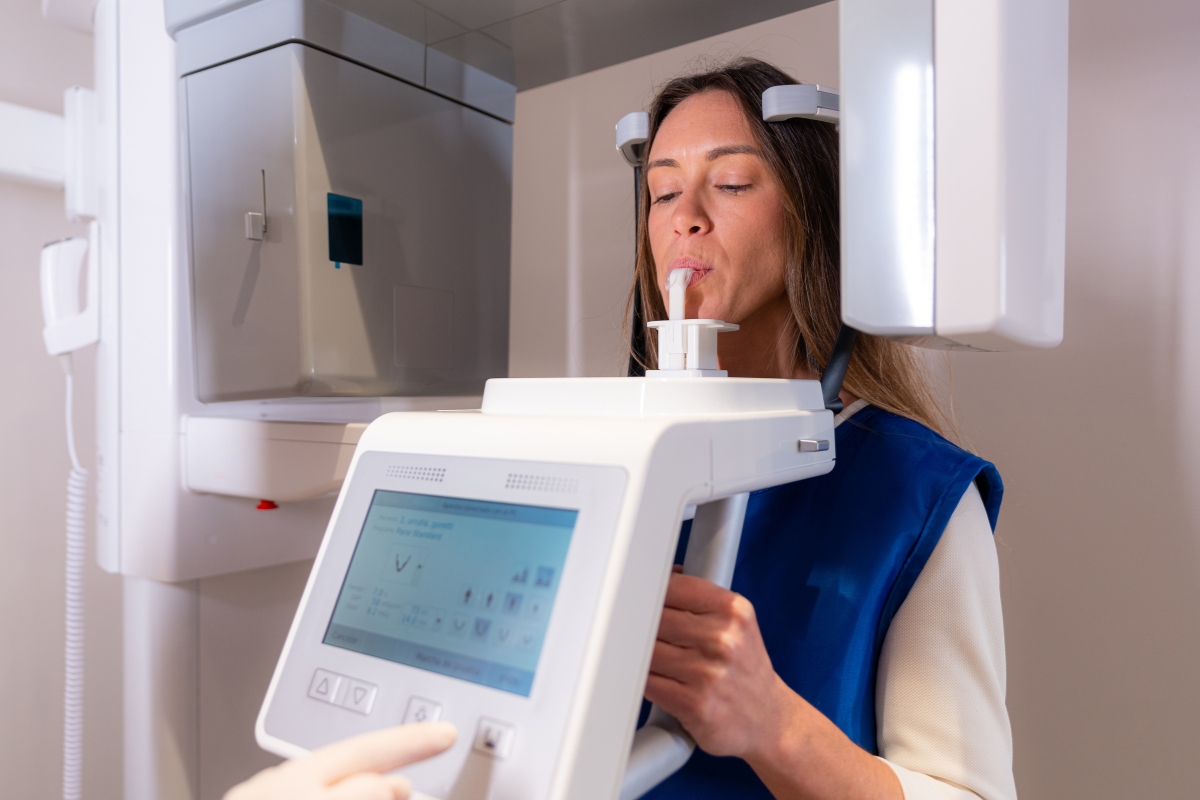10242 Greenhouse Rd #1002 Cypress, TX 77433
The Emotional Toll of Dementia: Coping with Stress and Anxiety

Caring for a loved one with dementia can feel like an emotional rollercoaster. The stress and anxiety that often accompany the caregiving process are overwhelming. Whether you’re a family member or a caregiver, navigating the emotional challenges that dementia brings can be difficult. It’s common to experience feelings of isolation, helplessness, or uncertainty. Understanding how to cope with these emotions is essential for both caregivers and those living with dementia. This blog dives into the emotional toll of dementia and explores how MERT/TMS therapy manages stress and anxiety during this challenging journey.
Understanding the Emotional Impact of Dementia
Dementia affects not only the person diagnosed but also their family and caregivers. The cognitive decline associated with dementia can cause confusion, mood swings, and memory loss. For caregivers, seeing their loved ones go through these changes can lead to deep sadness and frustration. The emotional burden can result in:
- Anxiety over future care needs
- Stress from managing daily routines
- Guilt for not being able to do more
- Grief over the person they once knew
Acknowledging these feelings and recognizing their natural responses to an incredibly challenging situation is essential.
The Stress of Caregiving
Caring for someone with dementia involves more than just physical tasks. The emotional strain can be intense. Caregivers often feel like they are constantly in survival mode. Some of the major stressors include:
- Loss of independence: A person with dementia may struggle to do simple tasks, creating additional caregiver responsibility.
- Behavioral changes: Dementia can lead to aggressive or unpredictable behaviors, which can be emotionally draining for caregivers.
- Increased medical needs: As dementia progresses, medical care becomes more intensive, which can add pressure on the caregiver.
Managing these stressors requires balance, self-care, and coping strategies to reduce emotional burnout.
Anxiety in Dementia Caregivers
Anxiety often accompanies the stress of caregiving. Caregivers may feel anxious about the future, wondering how they will handle the progression of the disease. Common sources of anxiety include:
- Fear of worsening symptoms: Many caregivers worry about how much worse the dementia symptoms will become, creating a sense of constant dread.
- Inadequate support: Caregivers may feel they don’t have enough emotional or practical support, which heightens anxiety.
- Financial strain: The costs of care and treatment can add financial stress, amplifying feelings of anxiety.
When the situation worsens, the best way to handle the problem is to opt for MERT/TMS therapy. This therapy method destresses caregivers to a great extent and lets them relax, knowing support is available.
Coping Mechanisms for Dementia Caregivers
While the emotional toll of dementia caregiving is significant, there are various ways to cope effectively:
- Self-care routines: Regular breaks, a healthy lifestyle, and time for personal activities help reduce stress.
- Meditation and relaxation techniques: Deep breathing or mindfulness can calm the mind and reduce anxiety.
- Support networks: Connecting with others who understand the experience can provide comfort and reassurance.
- Professional help: Speaking to a therapist or counselor can provide emotional relief and help caregivers manage stress better.
When caregivers take care of themselves, they are better equipped to care for their loved ones.
The Role of MERT/TMS Therapy in Managing Dementia
Emerging therapies such as MERT/TMS therapy have shown promise in addressing some of the emotional and cognitive symptoms of dementia. These therapies use targeted brain stimulation to improve mood and cognitive function. Studies suggest that MERT/TMS therapy can:
- Alleviate stress and anxiety: The therapy can help reduce feelings of anxiety and improve emotional regulation.
- Enhance cognitive function: It may improve memory and mental clarity, helping those with dementia maintain a better quality of life.
- Support caregivers: These therapies may also benefit caregivers by helping them manage the stress of caring for a loved one with dementia.
If you’re dealing with the emotional burden of dementia, MERT/TMS therapy may provide an innovative and effective solution.
The Importance of Setting Realistic Expectations
As a caregiver, it’s essential to set realistic expectations for both yourself and your loved one with dementia. Caregiving can’t be perfect, and accepting that will reduce feelings of guilt and stress. Setting small, achievable goals will help you feel more in control and less overwhelmed. Remember, it’s okay to ask for help when needed.
Seeking Professional Help
If you or someone you know is experiencing intense emotional strain from caregiving, seeking professional help is crucial. Therapy, whether through counseling or psychiatric support, can provide valuable tools to cope with anxiety and stress. In some cases, medication might be necessary to address extreme anxiety or depression.
The emotional toll of dementia is undeniable, but caregivers don’t have to face it alone. By recognizing the stress and anxiety associated with dementia care, caregivers can take proactive steps to manage their mental health and support their loved ones. Exploring treatments like MERT/TMS therapy could provide relief for both the person with dementia and their caregiver. Don’t hesitate to contact professionals in North Austin to learn more about how you can cope effectively and improve your quality of life.
Contact us today to discuss how MERT/TMS therapy can help reduce the emotional toll of dementia on both you and your loved ones.




